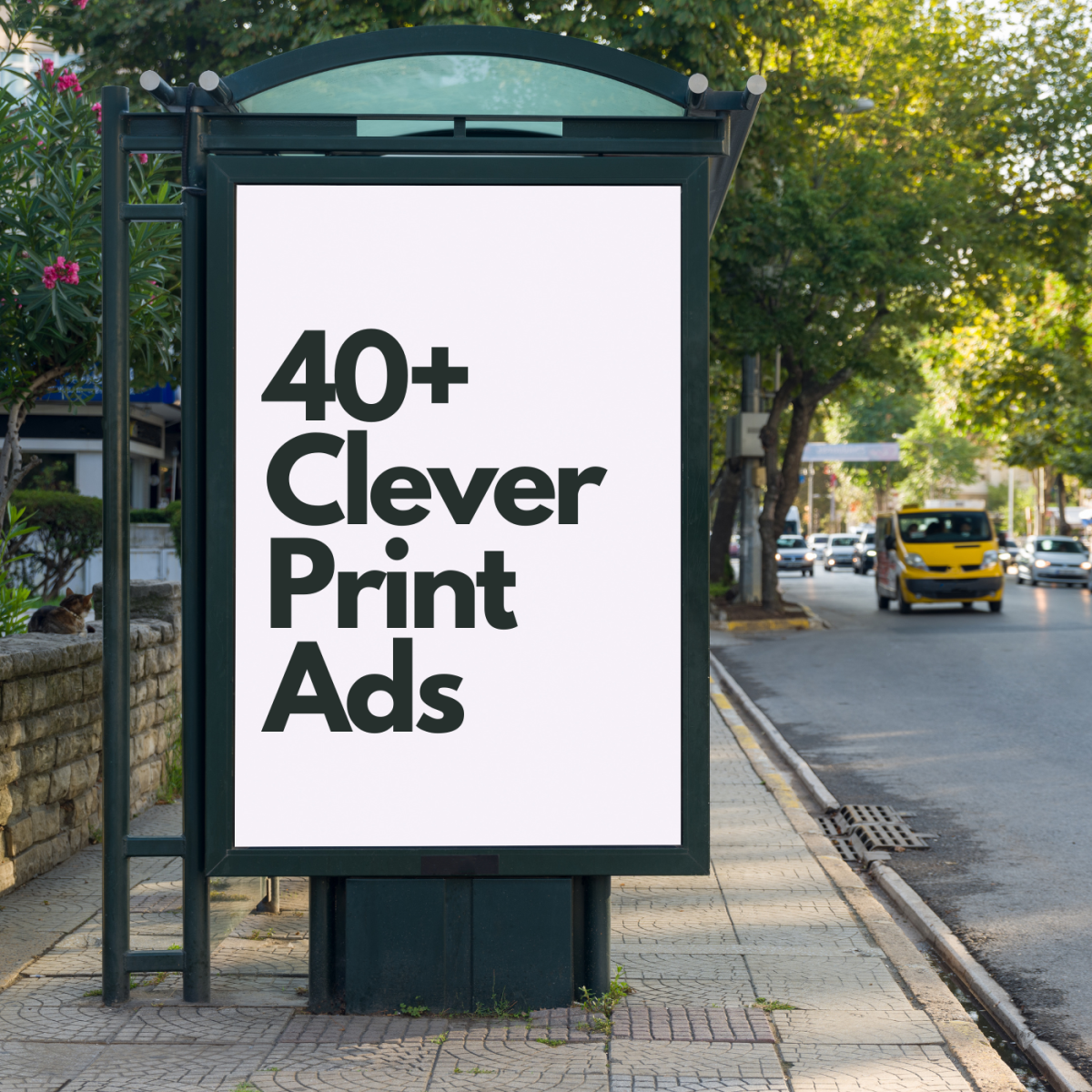Advertising: Does Ad Frequency Affect Results?

I love beer commercials. Some of the ads are the most original, entertaining and funny broadcast advertising I've seen. And because I watch a lot of sports programming, I see a LOT of beer commercials.
But there's just one problem for the beer advertisers. I will NEVER, EVER buy their products no matter how much I like their ads or how frequently I see them. Why? Because I cannot stand drinking beer.
Repetition can increase reputation and recognition. But repetition does not automatically increase sales.
Actually, there are two other factors that come into play when deciding how frequently to run an advertisement:
- Placement. If an advertisement is not being seen by the target market demographic, increased repetition just wastes money. The beer example illustrates, although I would say that I'm in the minority in the sports watching market segment.
- Audience. Listeners or watchers of certain marketing media have higher tolerances for ad repetition than others. For broadcast advertising, audiences have come to expect frequent commercial breaks (although that tolerance is shrinking with ad skipping technologies). Ads on some social media streams may not be tolerated at all.
Frequency versus Impressions
What constitutes an ad? Not all "advertising" can be neatly categorized as a television, radio or magazine commercial. What about promotional giveaways or other branded items? They're representing a company's brand, but it would be difficult to classify it as a commercial.
Some of these non-advertising promotion tools may be measured in potential impressions, how many people have potentially observed it and how many times it likely has been observed. For example, a promotional calendar may have an estimated 365 annual impressions if it is viewed daily. Similarly, a sponsor's welcome banner at an event might be viewed by all attendees.
In these situations, advertisers (or sponsors) usually seek to maximize the number of potential impressions by purchasing more places on which to put their logos and other branding elements.
So impressions can be a type of advertising frequency even though they are not in the traditional commercial advertising format.
Frequency versus Placement
Whether considering traditional advertising or impression-based promotions, placement is the most important decision factor.
However, placement is not enough. Frequency is the next most critical factor. This is why one-shot Super Bowl commercials may fail to produce sales. Yes, it may be the right audience (although because so many people watch the game, the audience is not really well segmented). Yes, it may be seen by millions of people. And, yes, many people love the commercials more than the game (an entirely other advertising problem!). But if this is the only venue in which the audience will see a business' advertising, the ad could be a wasted investment.
Target demographics need to see the ad multiple times in the same media to begin to even recognize either the ad, what is being advertised or the advertiser. What is that magic number of times? More than one might think! Why? Because people are distracted and may not observe every instance of the ad's placement. Several ad placements may be needed for a viewer to even see and remember an ad once!
Advertising repetition helps build recognition and reputation.
— Heidi ThorneWhat Advertisers Really Want
There is no doubt that the frequency and placement of can affect advertising results. Of course, what is offered must also be perceived as valuable to the target audience. Through the combination of product, placement and frequency, advertisers are really seeking one thing: top of mind awareness for when a need arises.
This article is accurate and true to the best of the author’s knowledge. Content is for informational or entertainment purposes only and does not substitute for personal counsel or professional advice in business, financial, legal, or technical matters.
© 2014 Heidi Thorne








